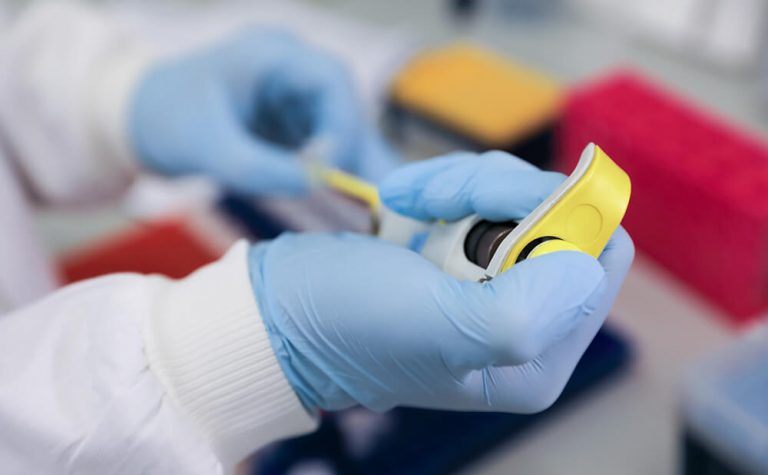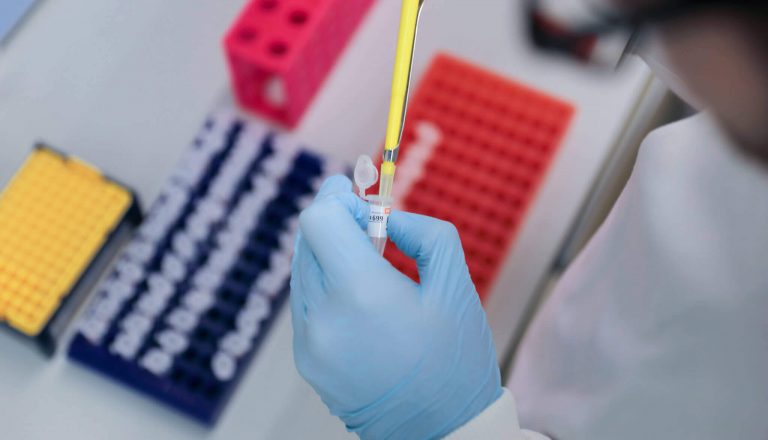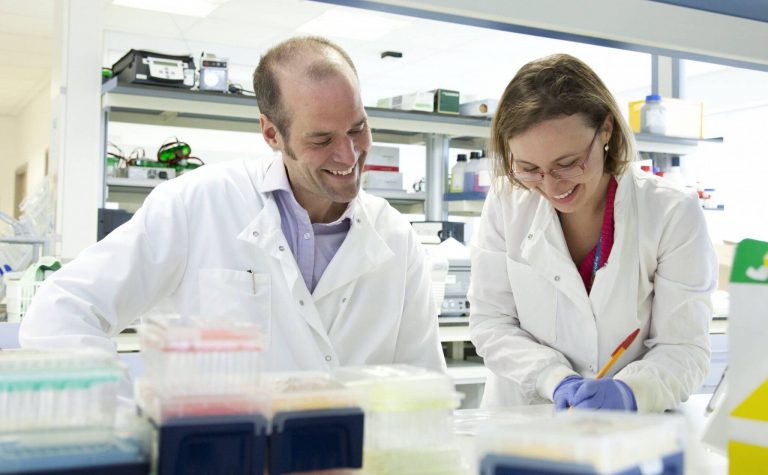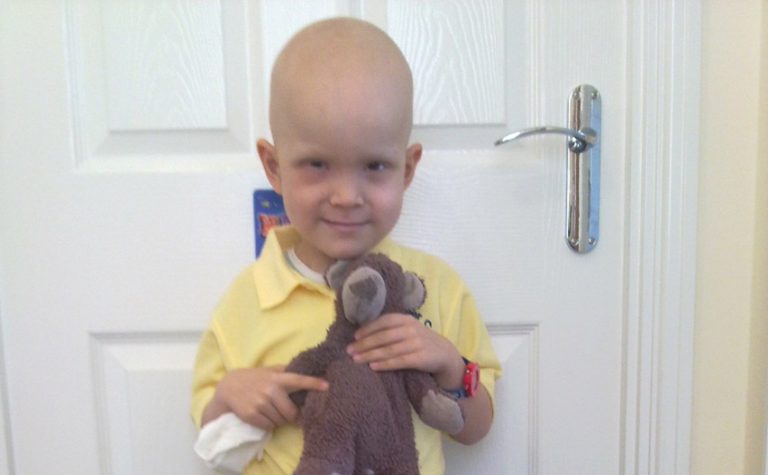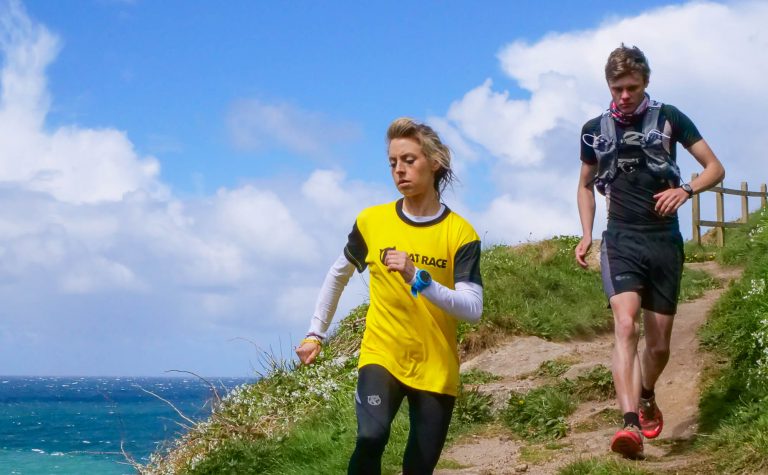Infections are known to cause various types of cancer, some of which can be prevented either by treating the infection or vaccinating against it. The HIV virus is particularly adept at damaging the body’s ability to fight infection, increasing its susceptibility to infection-related cancers. This pioneering project is focusing on the relationship between HIV and childhood cancer.
Our funding is enabling Dr Robert and his team to study the highly complex relationship between the HIV virus, infection and childhood cancer risk in southern Africa’s children.
Thank you
This research project on studying the relationship between HIV, infection and childhood cancer has been successfully completed. Your donations allow us to fund ground-breaking research that can improve treatments given to children with cancer. Thank you. Your help allows us to continue to find ways to drive up the chances of survival for children with cancer and reduce the toxic side effects that can affect the rest of their lives.
